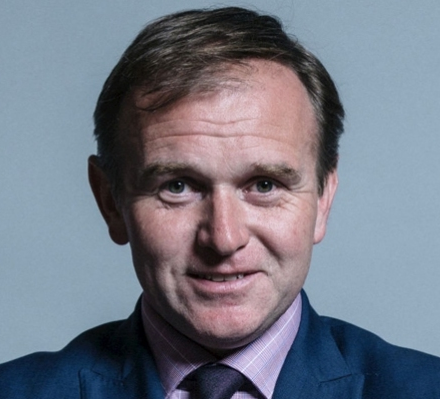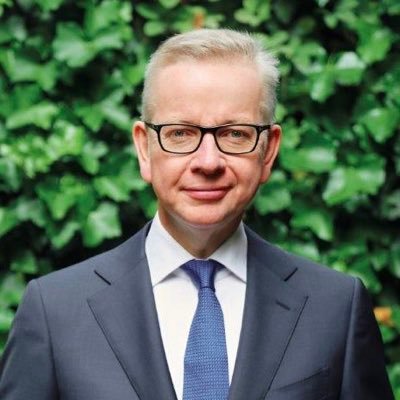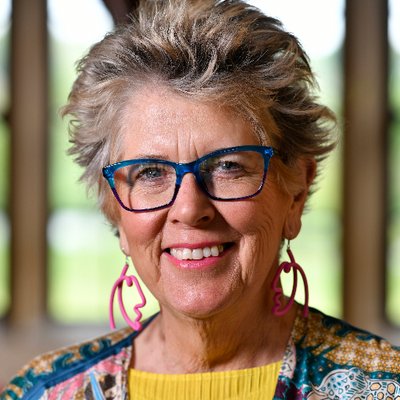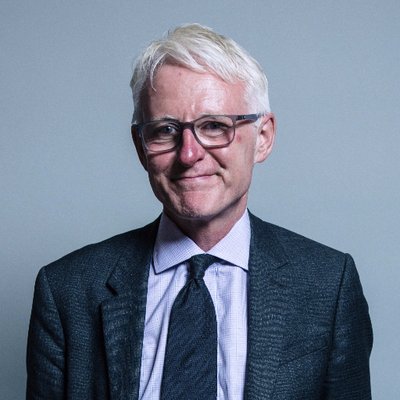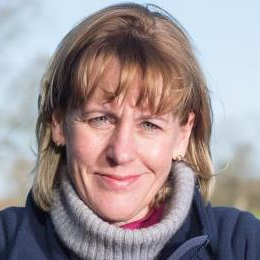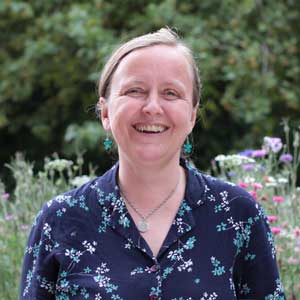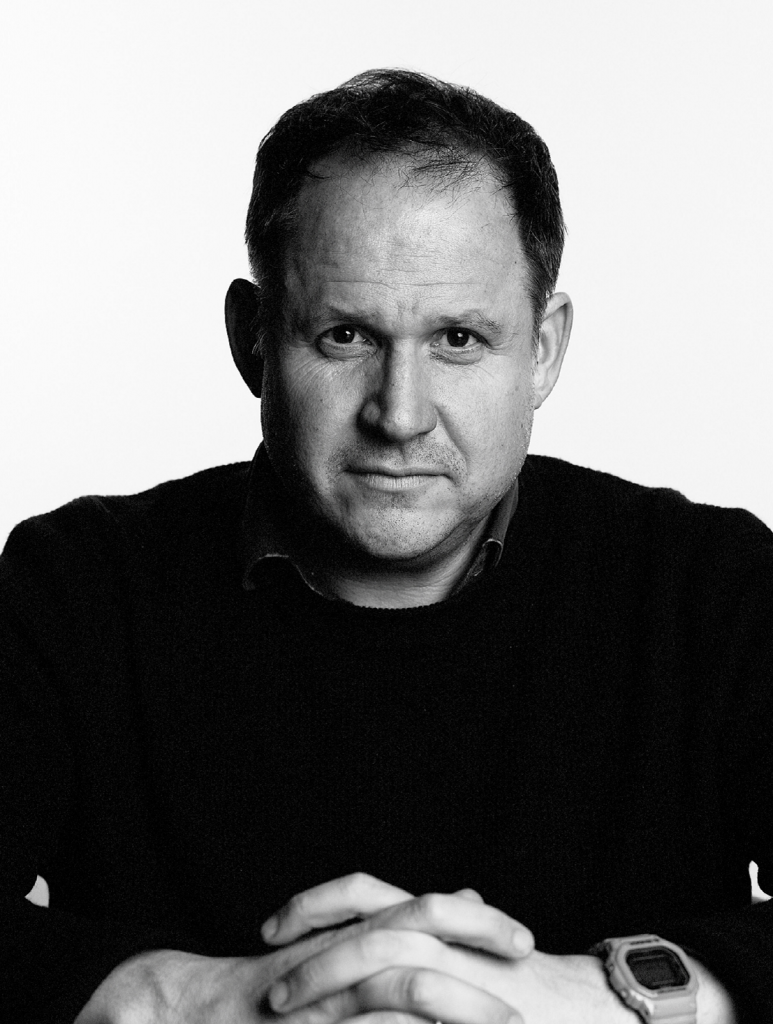An independent review commissioned by government to set out a vision and a plan for a better food system.
Part One
No part of our economy matters more than food. It is vital for life, and for pleasure. It shapes our sense of family, community and nation: cooking and eating together is perhaps the defining communal act. The food system also provides jobs for one in seven of us.
Much of this is made possible by a free market that performs a million daily miracles, producing, exporting, importing, processing and serving up a dazzling variety of reasonably-priced foods in an abundance unimaginable to previous generations.
But this bounty has come at a cost. Intensive farming practises have caused serious damage to the environment and the food related disease is costing the NHS billions and drastically harming the lives of millions. Food security, too, is a growing concern: population growth, climate change, the global increase in meat eating are intensifying resource competition between nations.
The Environment Secretary Michael Gove has appointed me to conduct this year-long review, and to then set out my recommendations within six months of its completion. Government will then publish an ambitious, multi-disciplinary National Food Strategy, the first of its kind for 75 years, in the form of a White Paper.
Over the next year my team and I will speak to people from across the food chain, from farmers in the field to chefs in the kitchen. We will consult experts from around the world, as well as those whose voices are seldom heard, but who have personal experience of the failings of our food system: low-paid workers in agriculture and food production, people with diet-related diseases, farmers living on the margins, and many more.
This review will be built on rigorous evidence and analysis; but the answers to some of the most important questions cannot be mathematically calculated. What do we want our countryside to look like? As our understanding of animal sentience increases, how should we prioritise the welfare of livestock? What role should the government play to protect us from our “bad” dietary choices? These are not questions that I – or indeed the government – can answer alone.
If you would like to be involved in the conversation, please get in touch. I look forward to hearing from you.
